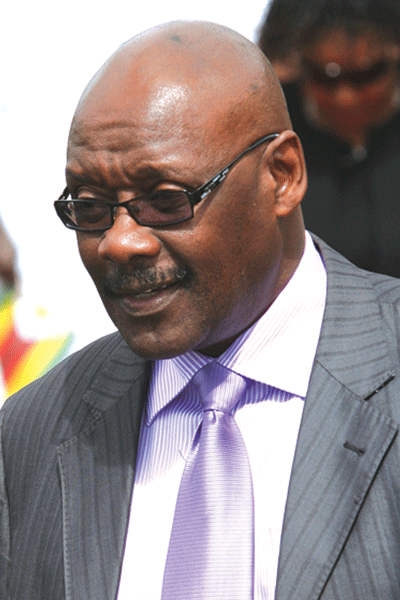
HEALTH experts have warned that Zimbabwe might fail to achieve its health sustainable development goal (SDG) targets as long as funding for the health sector remains below 15% of the national budget.
by VENERANDA LANGA
Itai Rusike, executive director of Community Working Group on Health (CWGH), said there was need to increase the health sector budget next year to deal with the disease burden, access to health facilities by all, address health sector human resource challenges, and deal with the issue of access to medicines by all.
In the 2016 National Budget, Finance minister Patrick Chinamasa allocated only $370,79 million to the Ministry of Health and Child Care, representing 8,3% of the total budget, a far cry from the 15% allocation recommended by the Abuja Declaration on Health.
“Given the current fiscal constraints, government should prioritise and focus on cost-effective health programmes and interventions,” Rusike said.
“Reaching the SDG targets requires a sustained momentum in financing our health care systems, and while progress has been made in improving our health indicators, there is need to sustain the momentum in funding of health care systems.”
Employment costs in the Health ministry were said to be consuming the bulk of its budgetary allocation, leaving little funds for operational costs and capital projects. The result was said to be over-reliance on donors to fund different health programmes such as HIV and Aids, maternal and child health.
“External funding has, somehow, become fungible and has, in most cases, replaced government funding instead of complementing it,” Rusike said.
- Chamisa under fire over US$120K donation
- Mavhunga puts DeMbare into Chibuku quarterfinals
- Pension funds bet on Cabora Bassa oilfields
- Councils defy govt fire tender directive
Keep Reading
According to a Unicef 2016 health and child care budget brief, off budget support to the Health ministry by development partners was projected to be approximately $400m, an amount which even exceeded government’s national budget allocation to health.
Most of the donor dependence in the health sector was said to be on medicines.
CWGH expressed disappointment over maladministration at some hospitals, where, in the past, the Auditor-General’s reports indicated expiry of medicines at some health centres, while some hospitals experienced shortages.
“NatPharm should be capacitated so that it can be able to provide regular, affordable and timely supply of essential drugs.”
CWGH also suggested medicinal support should be extended to the elderly and vulnerable groups suffering from chronic illnesses such as diabetes and hypertension as they cannot afford buying medicines that were usually available only at pharmacies.











